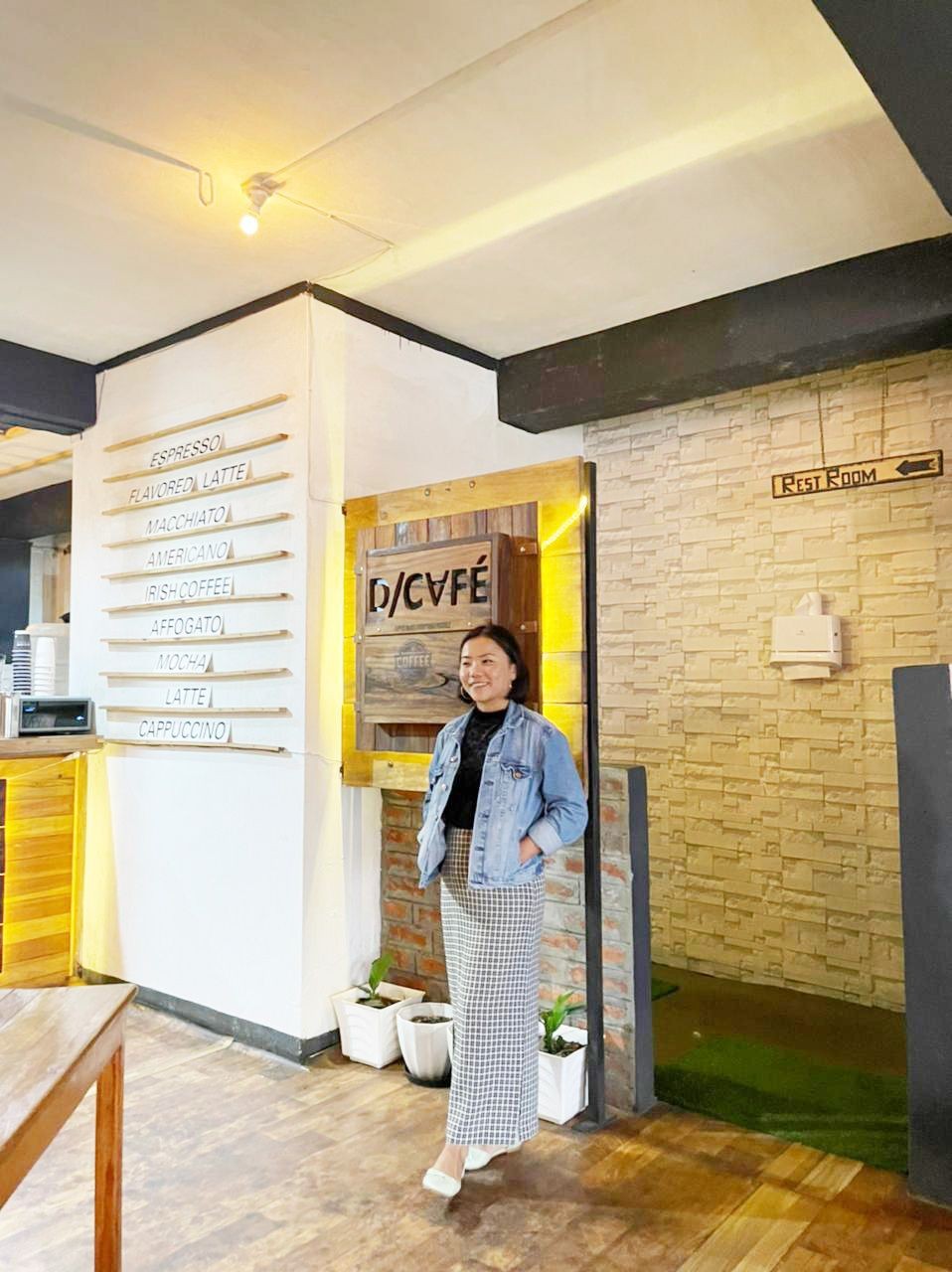Bokatoli Yeptho, Co-founder of Serendip Guardians, a Dimapur-based mental health organisation.

Vishü Rita Krocha
Kohima | March 22
Mental health is the most neglected aspect of health especially in the context of Nagaland state where it is often considered as a ‘curse’.
There is so much stigma attached to mental health that Bokatoli Yeptho, Co-founder of Serendip Guardians, a Dimapur-based mental health organisation, points out that we have this wrong notion of perceiving somebody battling with mental health conditions as having weak character or being cursed.
95% of those who decide to seek professional help, she highlights, have already visited at least 4-5 prayer centres while indicating that this is to do with the ‘Christian community’ we come from. “You can pray, but you can also seek help”, she emphasizes in this regard.
Speaking from his own personal experiences as a Counselling Psychologist, Nzan Kikon relates that “I’ve had cases of adults who wanted professional help but their parents wouldn’t agree.” They were rather advised to “go to church, pray and you will get better.”
To this, he asserts that there is a difference between church counselling and professional counselling. “It is 80% listening and 20% talking in professional counselling and the reverse in church counselling”, he explains. Pointing out that mental health is holistic in nature that has to do with one’s physical, mind and emotions, he emphasizes that “you’ve got to take care of your body (very basic things like drinking water, sleep, screen time, hygiene, etc.) and emotions, which, if you don’t know what they are, you won’t know how to take care of it.”
“Identify your emotions, think about why, and what can you do about it”, he says in this connection.
Further starting that according to Therapists in Kohima, 95% of their clients are women, he feels that men don't show up because there are certain things that are expected of men- “they are not supposed to cry or have all these emotions, but just suppress it and live their lives.”
Observing that people are running around with so many mental issues and not getting help because of the kind of society that we live in, he puts across, “our generation has to be the one that breaks the stigma. Let us not put someone to shame when someone says I need help.”
The emergence of the COVID-19 pandemic has also exacerbated the need to address mental health issues across the world. However, when it comes to mental health in Nagaland, Bokatoli Yeptho points out that “we are way behind.”
Generally, she says, “our idea of mental health is that of extreme condition, of someone wearing ragged clothes, but it is basically about you, your thoughts, emotions, productivity, how you conduct yourself on a day to day basis, how you are socially connected, how you perceive the world outside, etc.”
Bokatoli goes on to say that “we have this habit of saying—I am having anxiety or I am depressed, and while extreme mental health problem is different, having anxiety or a panic attack is a normal part of emotions.” Substantiating to this, she expresses that “it is okay to feel. What is not okay is when you start having these kinds of feelings and emotions over and over again. If that happens, it is important that you reach out and get help.”
Reiterating that mental health problems in the state are not talked about enough, she also highlights that mental illness is a medical condition that can be mild, moderate or severe. The good news, she adds, is that it is treatable provided he or she is given treatment at the right time and needs to be treated as much as we treat our physical health.






